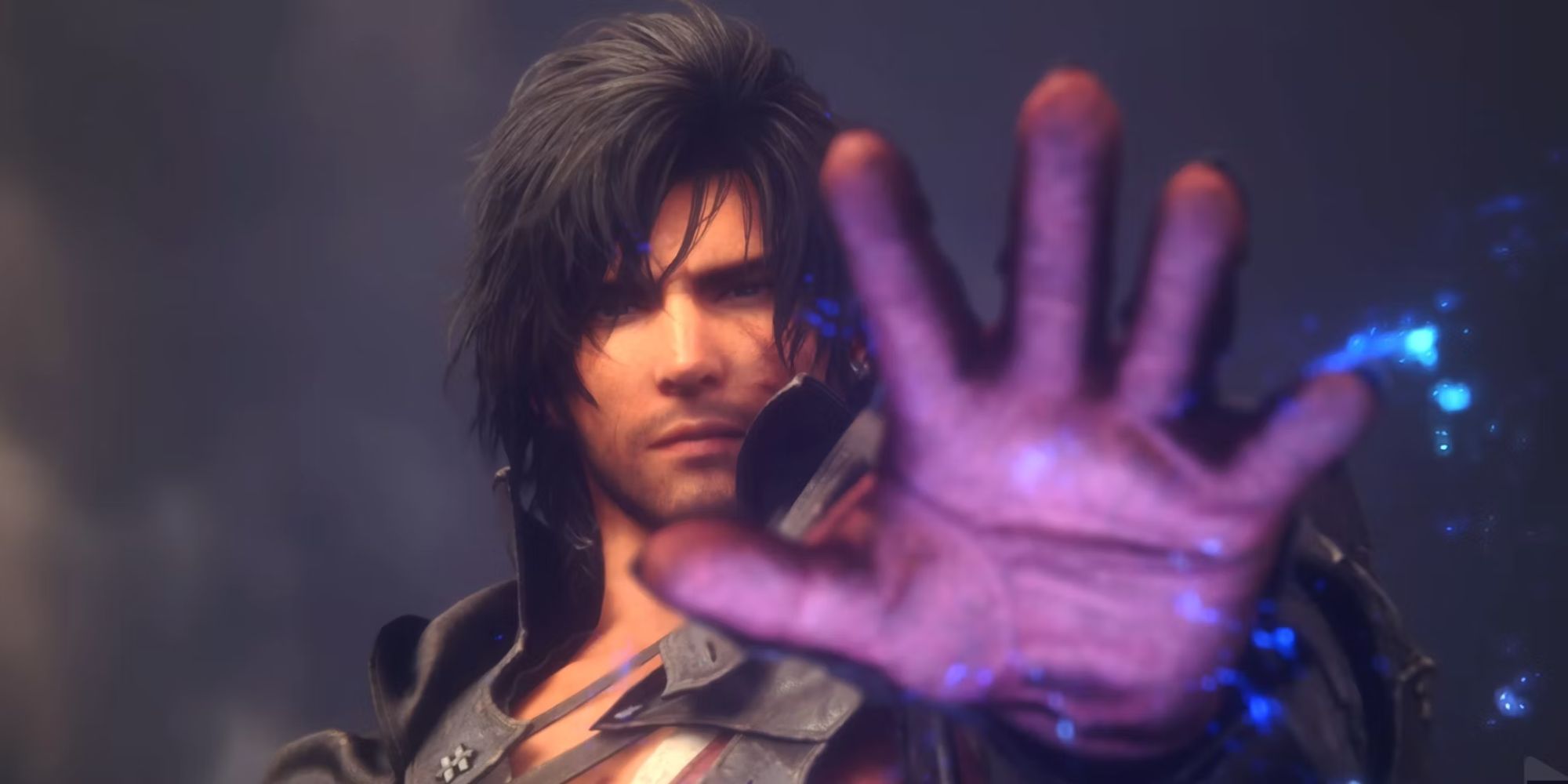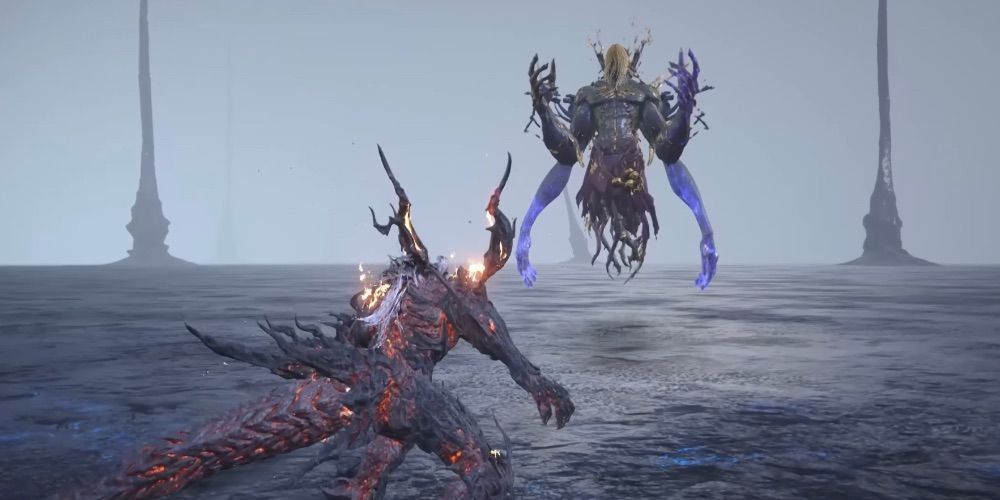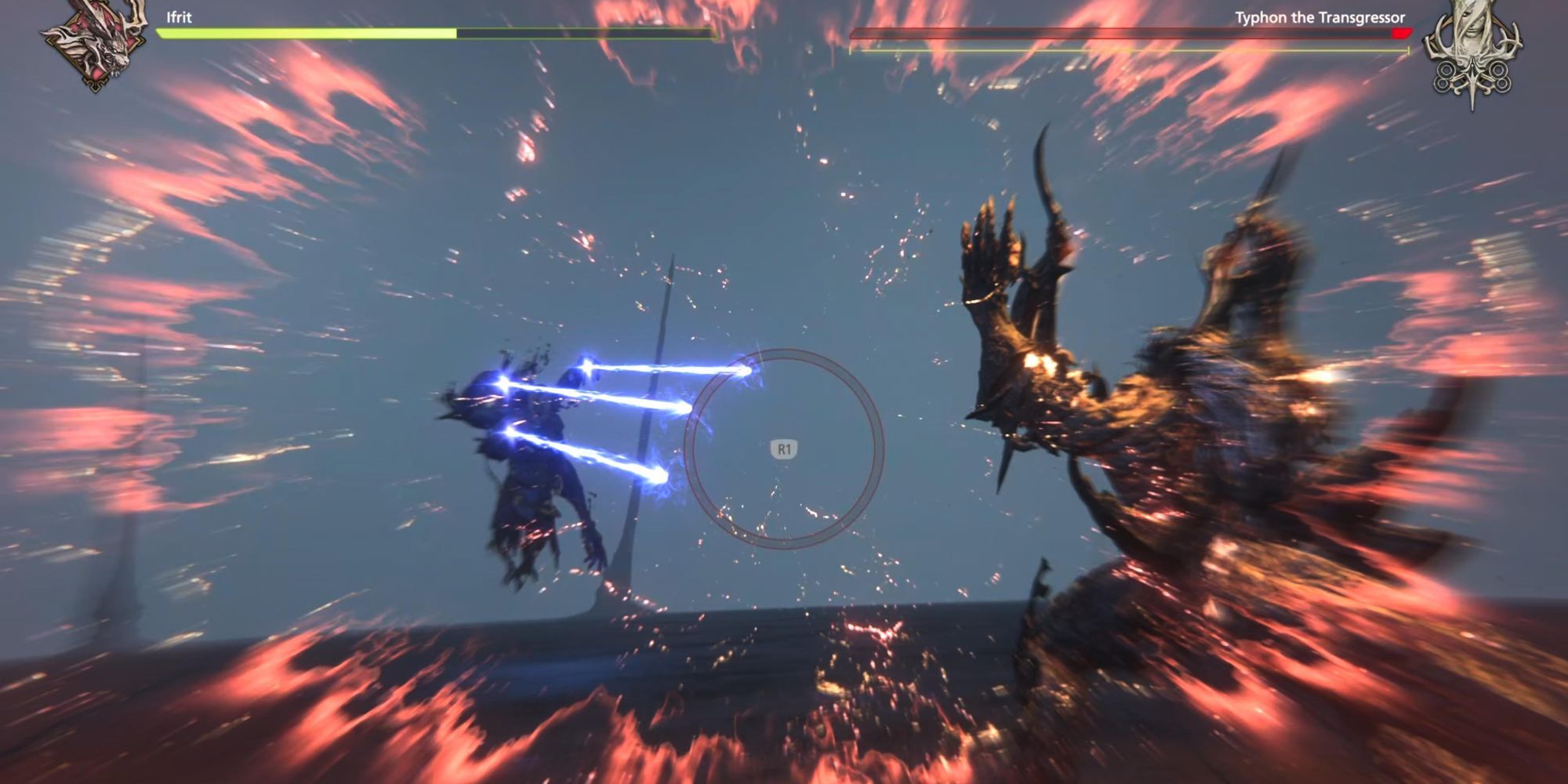Highlights
- The stigma surrounding easy modes in video games still persists, but playing on easy mode can be a viable gameplay style for anxious gamers who prefer to relax and enjoy the story.
- Easy mode in Final Fantasy 16 provides a seamless and gratifying experience, allowing players to progress effortlessly and removing the pressure of difficult boss battles.
- For some, playing in easy mode can enhance immersion by allowing us to focus on the high-octane visuals and enjoy the game in a more cinematic way.
The stigma surrounding easy modes in video games still taints the community like the Blight in Final Fantasy 16. But if there’s one thing I learned from the latest entry in the Final Fantasy series, it’s that playing it safe is a viable gameplay style. Not every gamer, including myself, relishes in the thought of painstaking boss battles after a hard day's work, even if it produces a sense of accomplishment—a validation I can live without.
Therefore, Final Fantasy 16’s Story Mode is a blessing for anxious gamers like myself, who dread relying on their below-par gaming skills to progress the story they’re excited for. Personally, I view failure in battle as an attack on my ego, instead of accepting that it’s a challenge to learn from and overcome. I reckon there are enough tests and challenges in the real world, therefore, I turn to video games for the opposite—an easy life where the hero takes control.
Prior to accepting my easy-mode preference, playing a video game was all peaches and cream until Groundhog Day arrived, and I was stuck spamming the same boss until morale was low and tensions were high. My general anxiety makes me a short-tempered person, which extends into gameplay, and my tolerance for hour-long obstacles–when I’m more invested in the story than perfecting my dodge and parry–is low.
The puzzles in earlier Zelda games left me agitated and deflated because I thought I wasn’t intelligent enough to solve them, while trying to escape the Variants in Outlast made me doubt I could survive a zombie apocalypse (anxiety overload!). This is not to say I didn’t enjoy some challenges, like defeating Sephiroth on the first try on Final Fantasy 7 Remake’s Normal difficulty, as everyone needs an ego boost from time to time especially if you’re piloting a hero. But that was the exception. By and large, learning to select the easy mode before a fresh playthrough negated any trepidation I had going into new titles by removing the need to prove myself when all I wanted to escape anxious self-reflection.
Enter Clive Rosfield’s journey in Valisthea, where the protagonist has a number of flashy accessories to make gameplay velvety smooth. By default, I jumped on Story Mode, leaving Action-Focused Mode in the dust, and my first encounter with the Morbol in Stillwind was a seamless victory thanks to the game’s Timely Rings that controlled Focus, Evasion, Strikes, Assistance, and Healing for me. Even though I knew the assist was on, the easy win still radiated gratification, the endurance was all me, and the story progressed effortlessly.
The boss battles are also incredibly forgiving should you perish fighting a high-ranked Notorious Mark, for example. Even if you began the hunt with one potion, the defeat will see you respawn with a full inventory, giving you a head start on round two. The pressure of restarting an Eikon battle—when they take an age to defeat under the best of circumstances–is a painful thought, but Final Fantasy 16 only pushes you back a little to the last checkpoint, and it’s apparent the game wants you to progress instead of pulling your hair out.
It’s a massive contrast to the first Final Fantasy game I played, which was Final Fantasy 10 back in 2001. I was 10 years old and completely out of my depth. My video game history included Jak and Daxter: The Precursor Legacy, Spider-Man on PlayStation 2, and The Lord of the Rings movie tie-in games. Pokemon at least introduced me to turn-based JRPGs, but Final Fantasy 10 gave me my first taste of stressful gameplay that put me off continuing. It’s shameful to admit that I put down the controller after being rag-dolled by Sinspawn during the opening encounter, overwhelmed by the HUD options, magic casts, and a nagging feeling that I was playing a game for adults.
After years of convincing myself that I wasn’t good at playing video games, or I wasn’t a real gamer because I fled from challenges, I finally accepted that I’m a story-focused gamer and a bit of a loot fiend. Final Fantasy 16’s story-focused option was almost permission from the video game gods for me to relax—a setting that’s populating more modern action titles like Hogwarts Legacy, which offers minimal challenge during encounters with Ranrok's crew.
In contrast, my partner has to indulge in challenges, otherwise, battles are mundane. Unlike myself, she is a thrill seeker and bathes in a sense of accomplishment, especially when it comes to her first love: video games. I’ve often admired how her frustration from losing fuels her determination. It’s a perfect pairing, as I enjoy watching her accomplish several stressful encounters, and she enjoys viewing my gameplay like a movie. I soak up the second-hand exhilaration when it’s not me behind the controller with my skill and ego on the line, even though she still teases me about my preference.
The perks of playing in easy mode are plentiful for anxious gamers. In Final Fantasy 16’s case, you get to take in more of the high-octane visuals offered in Eikon battles instead of fixing your eyes on the HUD to monitor cooldowns and using your peripherals in tandem to keep an eye on patterns. Behemoth encounters are welcomed instead of dreaded, removing the need for me to perform at my best when I’m meant to be relaxing. My immersion is heightened because Clive performs better and succeeds the way heroes should without my skill level affecting the outcome and essentially pulling me out of escapism.
Harboring a defeatist attitude, it takes practice for me to not feel utterly drained after losing a battle or challenge several times, but it’s a self-esteem obstacle I hope to overcome in the future. With games like Elden Ring and Cuphead in my crosshairs, it will be good practice to rise to the challenge and hone some skills from time to time, even if I have to do it without Torgal.




